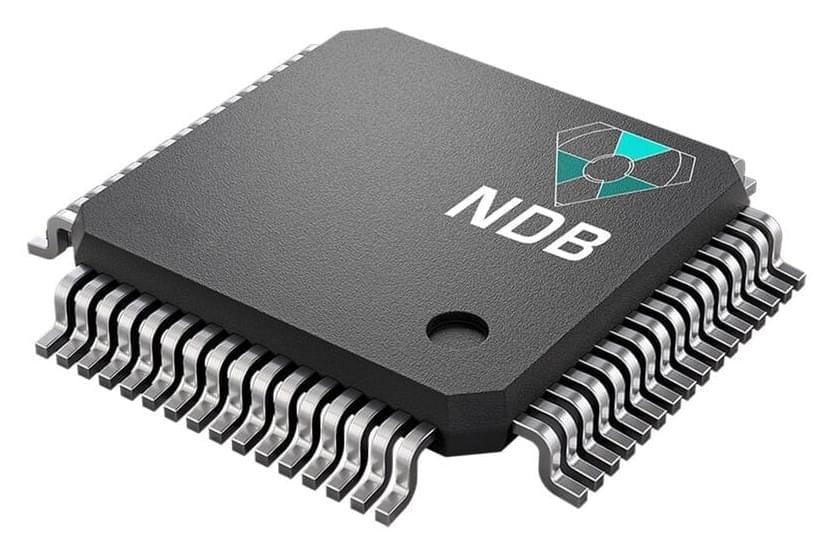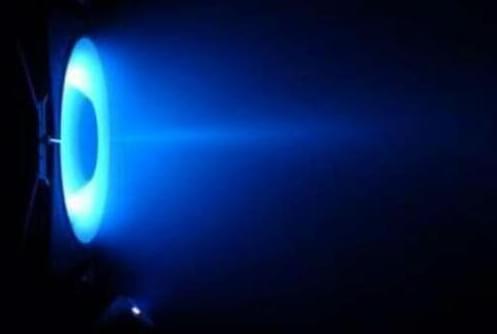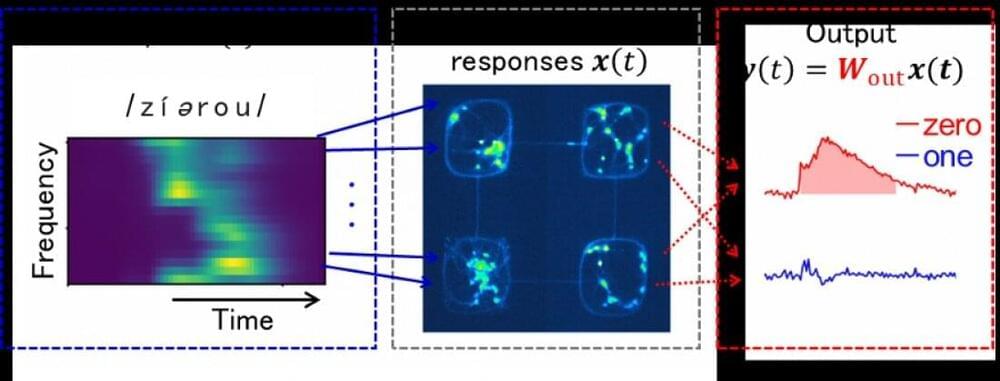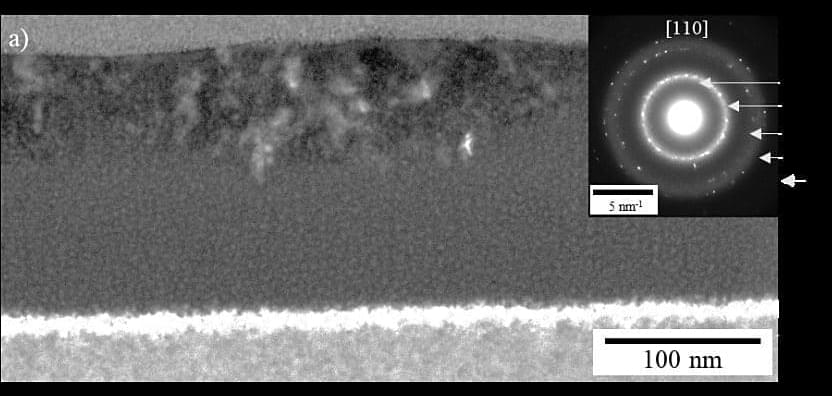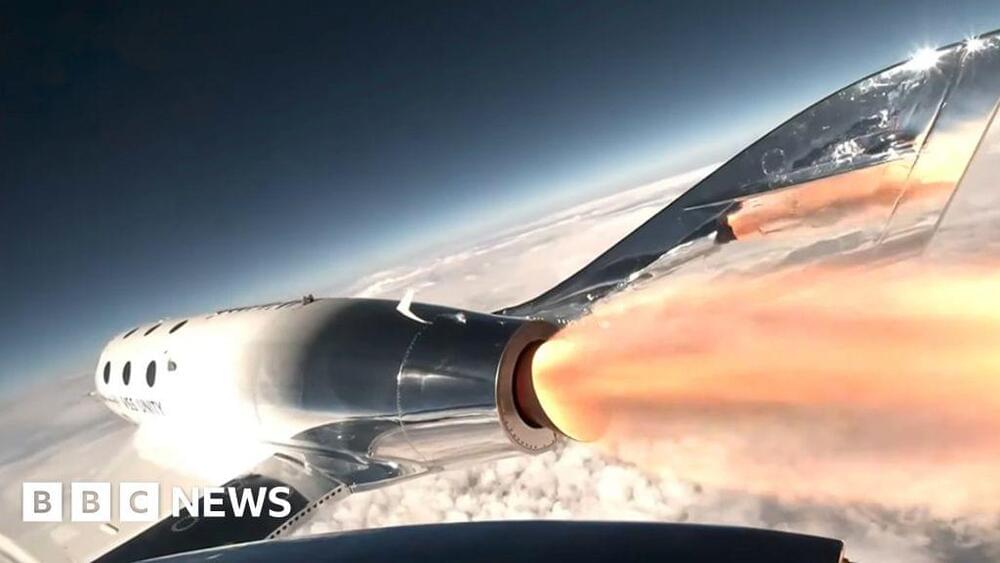Join top executives in San Francisco on July 11–12, to hear how leaders are integrating and optimizing AI investments for success. Learn More
Causely, an artificial intelligence startup led by CEO and founder Ellen Rubin, announced today the limited early-access launch of its Causal AI platform for enterprise data. The company aims to revolutionize how businesses troubleshoot operational issues and manage application performance using Causal AI technology.
The company also announced today that it has raised $8.8 million in seed funding led by 645 Ventures, with participation from founding investor Amity Ventures, and including new investors GlassWing Ventures and Tau Ventures. The funding will enable Causely to build its Causal AI platform for IT and expand its offerings to a wider range of IT problems and scenarios. The financing also brings the company’s total funding to over $11 million since it was founded in 2022.


